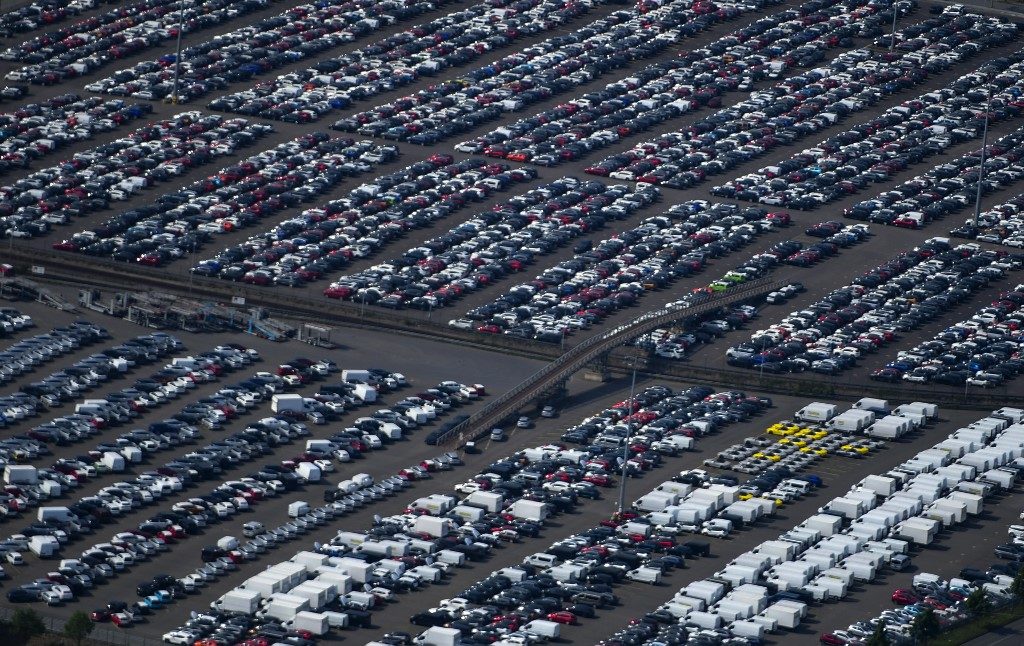SUMMARY
This is AI generated summarization, which may have errors. For context, always refer to the full article.

Car registrations in Germany showed this year’s smallest monthly drop in July as buyers took advantage of a temporary cut in value-added tax (VAT), figures released on Wednesday, August 5, showed.
Registrations fell by only 5.4% in July, improving significantly from the precipitous drops of 32% in June, 50% in May, and 61% in April as the coronavirus pandemic destroyed demand, data published by the Federal Motor Transport Authority showed.
“Particularly in the first half of the month, private customers apparently made up for postponed car purchases in order to benefit from the lower value-added tax,” said Reinhard Zirpel, president of the Association of International Motor Vehicle Manufacturers, VDIK.
The German government cut VAT to 16% from 19% from July to December as part of a huge stimulus package to boost spending.
But Zirpel warned that “although the car trade was able to breathe a sigh of relief for a while, there is no reason to sound the all-clear for the time being.”
In the last 7 months, sales fell 30% to just over 1.5 million units, including 313,938 cars which were registered in July.
“This means the market is at the lowest since reunification,” according to the VDIK.
The German automobile manufacturers’ association VDA expects around 2.8 million new passenger-car registrations for the full year, a fall of 23%, warning however that its prediction is based on the assumption that it would be possible to contain the pandemic.
Among the year-on-year risers in July’s numbers, BMW registrations increased 17.4%, Mercedes by 10.7%, and registrations at the Mini label, owned by BMW, grew nearly 36%.
However, registrations at Opel, owned by PSA Group, fell 45%, Audi 21%, and the Volkswagen brand by 3.3% compared with July 2019.
VW held its position with the largest share of new registrations at 59,714.
Energy-efficient vehicles continued to take more market share, with electric vehicles clocking up a 181% year-on-year increase in new registrations to 16,798, just over 5.3% of all new listings. Hybrid-car registrations grew by 143.5%. – Rappler.com
Add a comment
How does this make you feel?





There are no comments yet. Add your comment to start the conversation.